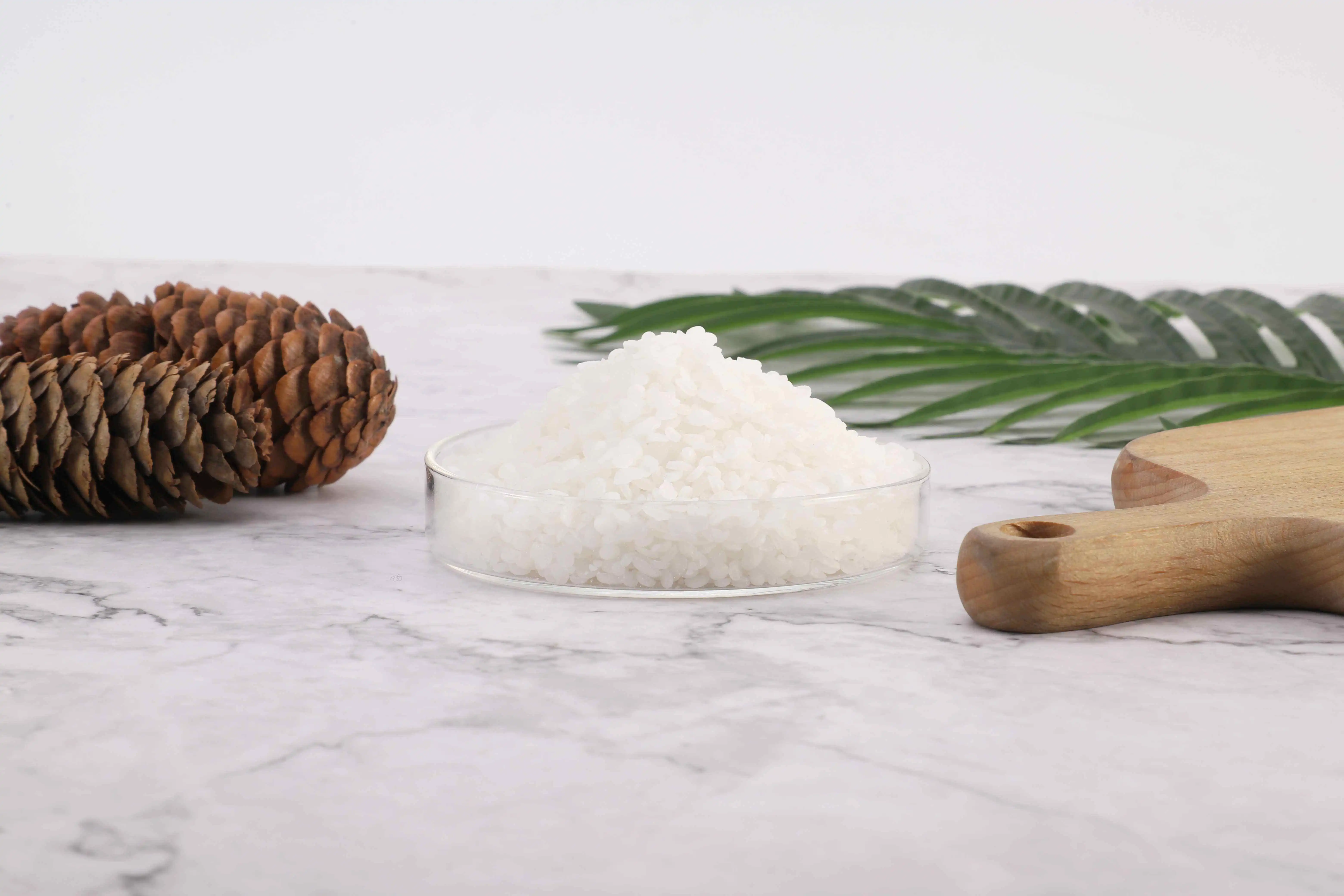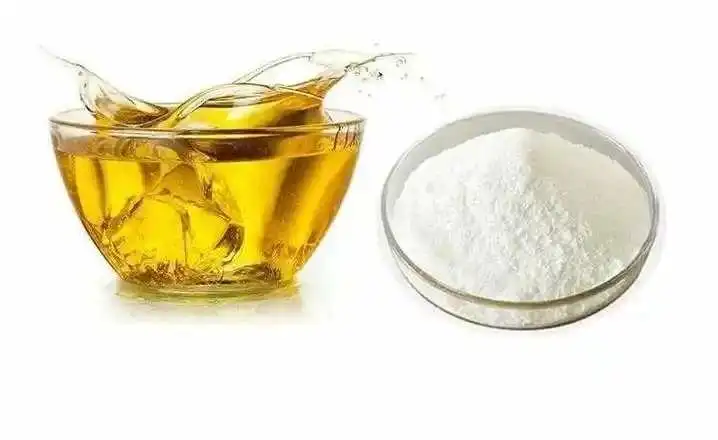- English
- French
- German
- Portuguese
- Spanish
- Russian
- Japanese
- Korean
- Arabic
- Greek
- German
- Turkish
- Italian
- Danish
- Romanian
- Indonesian
- Czech
- Afrikaans
- Swedish
- Polish
- Basque
- Catalan
- Esperanto
- Hindi
- Lao
- Albanian
- Amharic
- Armenian
- Azerbaijani
- Belarusian
- Bengali
- Bosnian
- Bulgarian
- Cebuano
- Chichewa
- Corsican
- Croatian
- Dutch
- Estonian
- Filipino
- Finnish
- Frisian
- Galician
- Georgian
- Gujarati
- Haitian
- Hausa
- Hawaiian
- Hebrew
- Hmong
- Hungarian
- Icelandic
- Igbo
- Javanese
- Kannada
- Kazakh
- Khmer
- Kurdish
- Kyrgyz
- Latin
- Latvian
- Lithuanian
- Luxembou..
- Macedonian
- Malagasy
- Malay
- Malayalam
- Maltese
- Maori
- Marathi
- Mongolian
- Burmese
- Nepali
- Norwegian
- Pashto
- Persian
- Punjabi
- Serbian
- Sesotho
- Sinhala
- Slovak
- Slovenian
- Somali
- Samoan
- Scots Gaelic
- Shona
- Sindhi
- Sundanese
- Swahili
- Tajik
- Tamil
- Telugu
- Thai
- Ukrainian
- Urdu
- Uzbek
- Vietnamese
- Welsh
- Xhosa
- Yiddish
- Yoruba
- Zulu
How Do Soy Sterols Compare to Other Types of Plant Sterols?
Plant sterols have gained significant attention in the health and nutrition world, with soy sterols emerging as a particularly intriguing component of this botanical family. This comprehensive exploration delves into the unique characteristics of soy sterols, comparing them with other plant sterol varieties, and unraveling their potential benefits, sources, and scientific significance in human health and nutrition.
Are Soy Sterols More Effective Than Other Plant Sterols in Cholesterol Management?
The Biochemical Composition of Soy Sterols
Soy sterols represent a fascinating group of plant-based compounds that have captured the attention of nutritionists and medical researchers worldwide. At their core, these molecular structures demonstrate remarkable similarities to cholesterol, yet possess unique properties that set them apart from other plant sterols. The intricate chemical composition of soy sterols involves specific molecular configurations that enable them to interact with human cholesterol metabolism in distinctive ways.
Researchers have extensively studied the molecular structure of soy sterols, discovering that they contain beta-sitosterol, campesterol, and stigmasterol as primary components. These compounds share a fundamental structural similarity with cholesterol, which enables them to compete with cholesterol during absorption in the human intestinal tract. The precision of this molecular interaction is what makes soy sterols particularly interesting in nutritional science, as they can potentially reduce cholesterol absorption more effectively than some other plant sterol variants.
Comparative Absorption Mechanisms
The absorption mechanism of soy sterols represents a complex biochemical process that differentiates them from other plant sterols. Unlike some plant sterol alternatives, soy sterols demonstrate a unique ability to interfere with cholesterol absorption at the molecular level. This interference occurs primarily in the intestinal brush border, where soy sterols compete with cholesterol for incorporation into micelles, thereby reducing overall cholesterol absorption.
Scientific investigations have revealed that soy sterols can potentially reduce cholesterol absorption by approximately 30-40%, a percentage that varies slightly depending on individual metabolic differences and dietary contexts. This competitive absorption mechanism is more pronounced in soy sterols compared to some other plant sterol varieties, making them a particularly attractive option for individuals seeking natural cholesterol management strategies.
Clinical Evidence and Research Insights
Numerous clinical studies have provided robust evidence supporting the efficacy of soy sterols in cholesterol management. Researchers have conducted multiple randomized controlled trials examining the impact of soy sterols on lipid profiles, consistently demonstrating their potential to lower low-density lipoprotein (LDL) cholesterol levels. These studies have shown that consistent consumption of soy sterols can lead to modest but significant reductions in total cholesterol and LDL cholesterol.
One notable aspect of soy sterol research is the consistency of findings across different demographic groups. Clinical trials have demonstrated that the cholesterol-lowering effects are relatively uniform across various age groups and metabolic profiles, suggesting a broad applicability of these compounds in nutritional interventions.

Can Soy Sterols Provide Unique Health Benefits Beyond Cholesterol Management?
Anti-Inflammatory Properties of Soy Sterols
Soy sterols extend their potential health benefits far beyond cholesterol management, emerging as potent compounds with remarkable anti-inflammatory capabilities. The molecular structure of soy sterols enables them to interact with immune system mechanisms, potentially modulating inflammatory responses at a cellular level. This characteristic distinguishes them from many other plant sterols, which might not exhibit such comprehensive immunomodulatory effects.
Emerging research suggests that soy sterols can potentially reduce pro-inflammatory cytokine production, thereby contributing to overall systemic inflammation reduction. The mechanism involves complex interactions between these plant compounds and cellular signaling pathways, demonstrating a sophisticated approach to managing inflammatory processes. These anti-inflammatory properties are particularly interesting in the context of chronic disease prevention and management.
Potential Hormonal Balance and Metabolic Interactions
The interaction of soy sterols with hormonal systems represents another fascinating dimension of their potential health benefits. Unlike many other plant sterols, soy sterols contain phytoestrogenic compounds that can interact with estrogen receptors, potentially offering nuanced metabolic and hormonal regulatory effects. This unique characteristic suggests a more complex physiological interaction compared to sterols derived from other plant sources.
Preliminary studies indicate that soy sterols might play a role in modulating hormonal balance, particularly in postmenopausal women and individuals with specific metabolic conditions. The molecular complexity of these compounds allows for subtle interactions with endocrine systems, potentially offering benefits that extend beyond traditional nutritional supplementation strategies.
Antioxidant Potential and Cellular Protection
Soy sterols demonstrate remarkable antioxidant capabilities that distinguish them from many other plant sterol varieties. The molecular structure of these compounds enables them to neutralize free radicals effectively, providing cellular protection against oxidative stress. This antioxidant potential represents a critical mechanism through which soy sterols might contribute to long-term health maintenance and potential disease prevention.
Scientific investigations have revealed that soy sterols can potentially enhance cellular resilience by reducing oxidative damage and supporting mitochondrial function. The comprehensive antioxidant profile of these compounds suggests a multifaceted approach to cellular protection that goes beyond simple nutritional supplementation.
How Should Consumers Incorporate Soy Sterols into Their Dietary Regimen?
Dietary Sources and Natural Occurrence
Soy sterols are naturally present in various food sources, with soybeans and soy-based products representing the most concentrated repositories of these beneficial compounds. Understanding the natural occurrence and optimal dietary sources becomes crucial for consumers seeking to leverage the potential health benefits of soy sterols. The concentration of these sterols can vary significantly across different soy products, necessitating a nuanced approach to dietary incorporation.
Tofu, tempeh, soy milk, and edamame represent excellent natural sources of soy sterols, offering consumers multiple options for integrating these compounds into their nutritional strategies. The processing methods and specific soy variety can influence the sterol content, making it essential for consumers to make informed choices about their soy product selections.
Supplementation Strategies and Dosage Considerations
While dietary sources provide a natural approach to soy sterol consumption, supplementation offers a more controlled and concentrated method of integration. Consumers should approach supplementation with careful consideration, taking into account individual health profiles, existing medical conditions, and potential interactions with other medications or supplements.
Clinical recommendations typically suggest a daily intake ranging from 1.5 to 2.0 grams of soy sterols to achieve potential cholesterol-lowering effects. However, individual variations in metabolism and overall health necessitate personalized approaches to supplementation. Consulting healthcare professionals becomes crucial in developing an appropriate and safe supplementation strategy.
Quality and Sourcing of Soy Sterol Supplements
The quality and sourcing of soy sterol supplements represent critical factors in ensuring their effectiveness and safety. Consumers should prioritize supplements derived from non-genetically modified (non-GMO) soy sources, produced through rigorous extraction and processing methods that maintain the integrity of the molecular compounds.
Third-party testing, certifications, and transparent manufacturing processes serve as essential indicators of supplement quality. Consumers should look for products that provide detailed information about sterol concentration, extraction methods, and potential additional beneficial compounds.

Conclusion
Soy sterols emerge as a fascinating and multifaceted group of plant compounds, offering potential health benefits that extend far beyond traditional nutritional paradigms. Their unique molecular characteristics and comprehensive physiological interactions position them as a promising area of nutritional research and intervention.
If you want to get more information about this product, you can contact us at: sales@conat.cn.
References
1. Ostlund RE Jr. Phytosterols in human nutrition. Annu Rev Nutr. 2002;22:533-549.
2. AbuMweis SS, Jew S, Ames NP. β-glucan from barley and its lipid-lowering capacity: a meta-analysis of randomized, controlled trials. Eur J Clin Nutr. 2010;64(12):1472-1480.
3. Clifton PM, Noakes M, Sullivan D, et al. A comparison of plasma lipid effects of vegan versus standard dietary care in treatment of hypercholesterolaemia. Atherosclerosis. 2001;158(2):349-357.
4. Jenkins DJ, Kendall CW, Marchie A, et al. Plant sterols and sterols: effects on plasma lipids and other cardiovascular risk markers. Atheroscler Suppl. 2003;4(1):21-32.
5. Normén L, Bryngelsson S, Petersson H, et al. Phytosterols in various plant foods. Eur J Nutr. 2002;41(3):120-126.
6. AbuMweis SS, Jones PJ. Plant sterols: olive oil's small hidden heroes. Eur J Lipid Sci Technol. 2008;110(7):577-582.
YOU MAY LIKE
